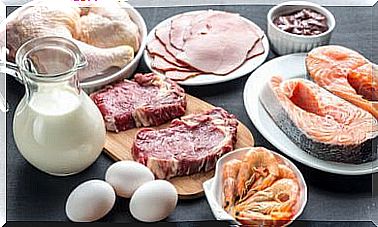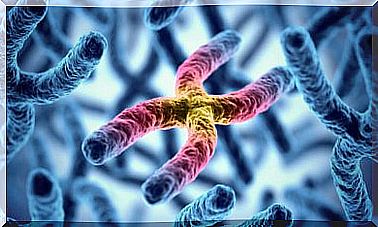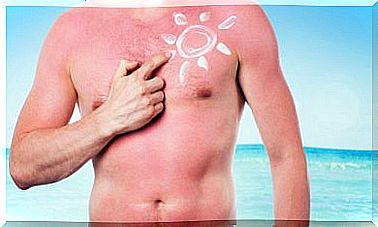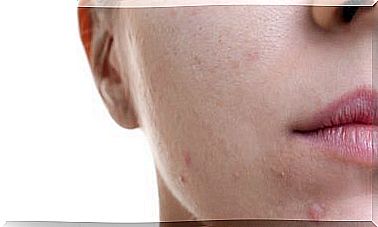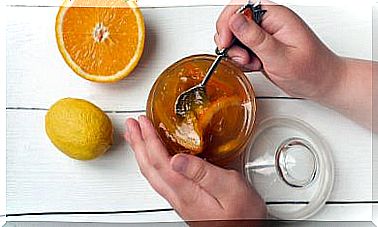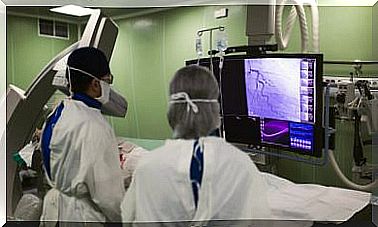Diet Advice During And After Radiotherapy
Oncological processes are complex diseases that require a precise treatment that combines pharmacology and diet. In this way, a synergistic effect can be produced between both components, improving the prognosis. For this reason, we are going to offer you a series of eating tips during and after radiotherapy.
In recent years, nutritional recommendations in the setting of cancer have varied widely. Before, they opted for a hypercaloric model rich in carbohydrates. Today, the opposite is argued. The restriction of sugars and the contribution of certain micronutrients appear to be effective in increasing survival.
Feeding during radiation therapy
The diet in the process of radiation therapy aims to reduce the side effects of it and increase its effectiveness. For the latter, strategies such as the ketogenic diet can be used, especially in glucose-dependent tumors.
According to research published in the journal Molecular Metabolism , carbohydrate restriction is useful as an adjunctive treatment in oncological processes, since it delays or slows tumor growth. However, it is necessary to offer a series of more precise dietary recommendations to avoid side effects of the treatment.

To avoid dry mouth
Cancer treatments often cause a constant sensation of dry mouth. To avoid this condition it is necessary to consume small amounts of water on a regular basis. In addition, it is necessary to avoid dry foods, so it may be a good option to use slightly greasy sauces or to mash foods into puree.
If there is mucositis
Mucositis is the inflammation of the entire mucosa of the digestive system. In this type of situation, the priority is to avoid offering acidic foods, such as citrus fruits. Those with a hard texture are not a good option either. Instead, opt for cold products that offer a mild pain-relieving effect.
When difficulty swallowing appears
When dysphagia occurs, it is best to break up meals to avoid large volumes of food. In addition, it may be advisable not to introduce hard solids, such as meat, into the diet.
An effective strategy is to mash the preparations into a puree and consume them with frequent sips of water.
In cases of lack of appetite
Cancer treatments often cause a reduction in appetite, as stated by research published in Support Care in Cancer . In this case, it is important to spread the amount of daily calories in several small meals.
Although it was traditionally recommended to choose foods rich in carbohydrates in these cases, this advice is currently being questioned.
If there are diarrhea
The last of the most common side effects of radiation therapy is diarrhea. To avoid this problem, the intake of fermented dairy foods and soluble fiber, such as that present in apples, is essential. The probiotics in yogurt have been shown to be effective in treating this intestinal condition.
When radiation therapy is applied to the abdominal level, diarrhea is much more likely to develop throughout the process. For this reason, a series of stricter changes can be implemented.
It is essential to propose a diet low in residues, with a low fiber content. At the same time, the presence of fat and milk should be moderated, increasing fluid intake.
Feeding after radiation therapy
Once the treatment is finished, it is possible to apply a series of dietary protocols in order to stimulate internal autophagy processes and improve the general functioning of the organism. One of them is intermittent fasting, the implementation of which has been associated with a lower risk of developing cancer problems due to recurrence.
On the other hand, the restriction of ultra-processed foods is recommended. The presence of trans fats and additives in them is counterproductive to health. It is always preferable to choose fresh products, such as vegetables, meat or fish.
At the same time, the consumption of alcohol and soft drinks is discouraged. The latter contain large amounts of simple sugars or artificial sweeteners that hinder the functioning of physiological processes.
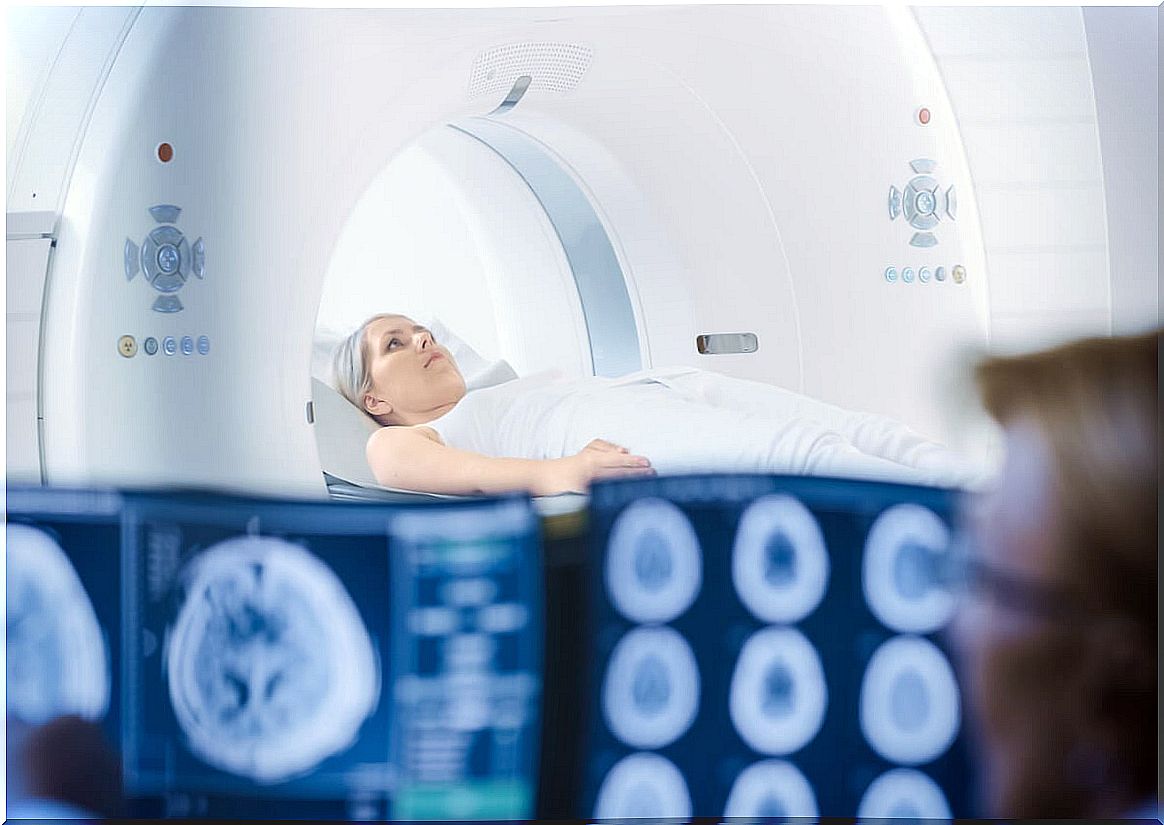
Nutrition in radiotherapy is a point of support
As we have discussed, diet is capable of reducing the side effects of radiotherapy. In addition, it improves its effects, as long as quality nutrients are introduced and foods that are considered harmful are limited.
For this reason, if you suffer from any oncological process, go to the nutritionist as a complementary part of the approach team. This professional will be able to develop a tailored diet plan that acts synergistically with the administered pharmacology. In this way, the prognosis and management of the disease will be improved.

